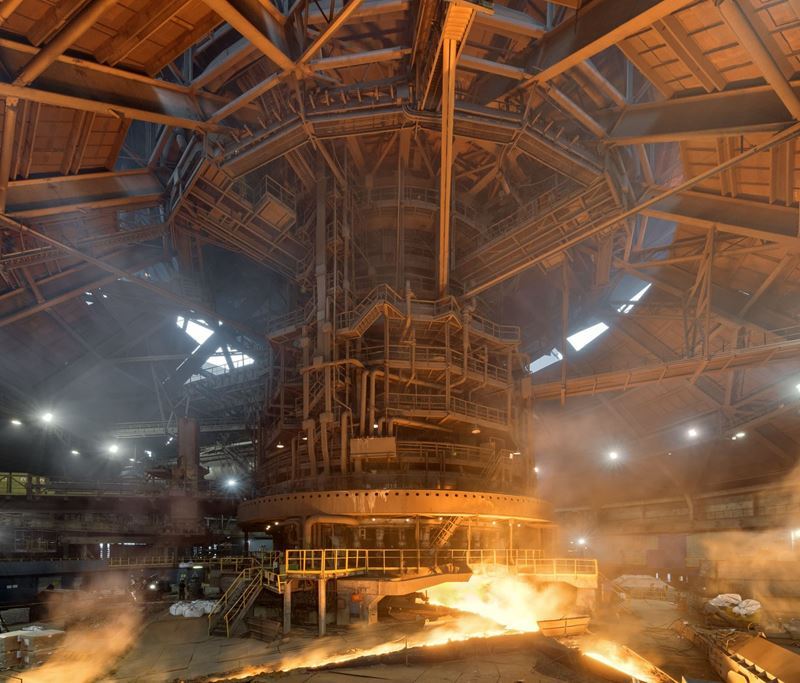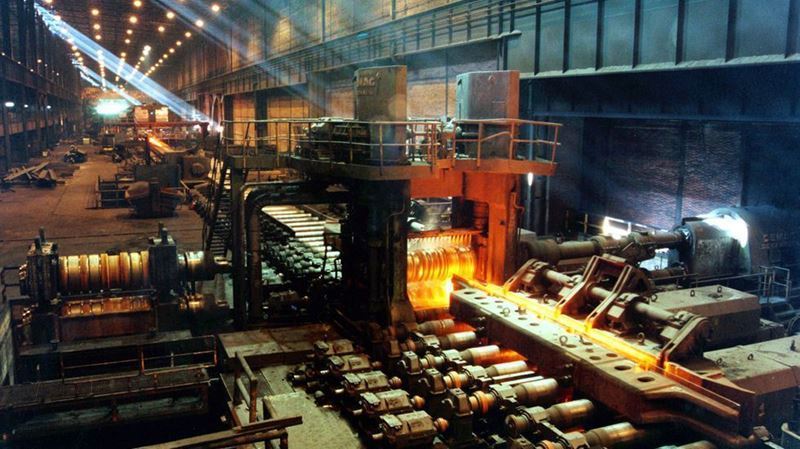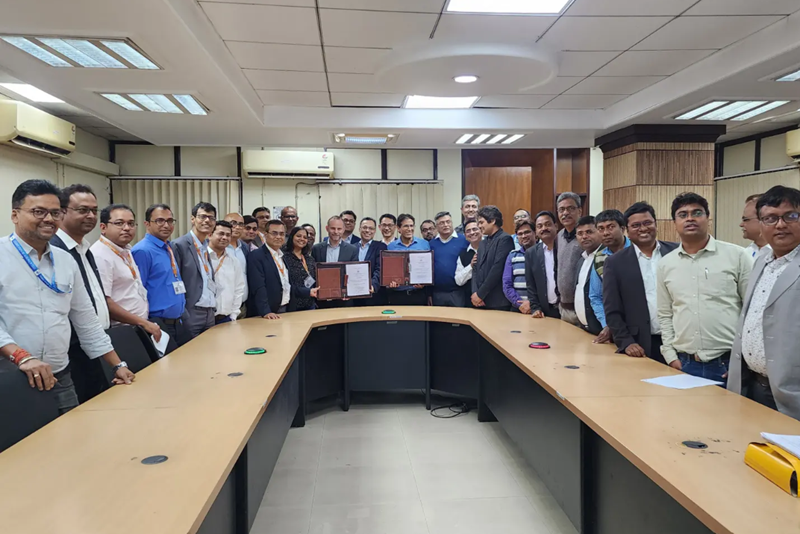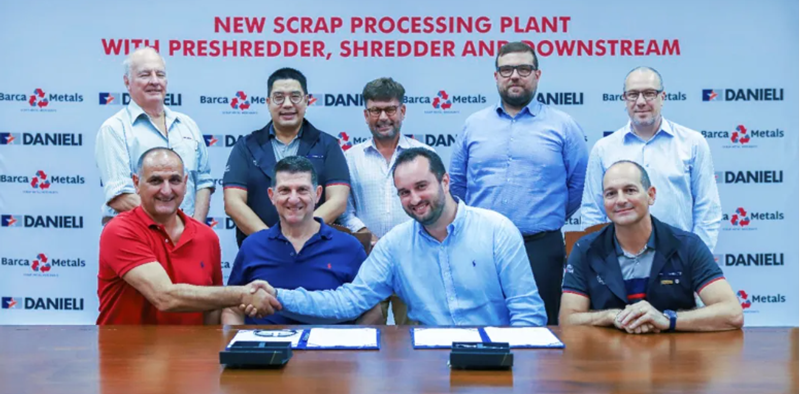The project is expected to save around 2,000 tons of fuel annually and reduce greenhouse gas emissions by 5,000 tons per year. This is equivalent to the annual exhaust emissions of about 1,500 light commercial vehicles.
The recycling process utilizes lumber residues from equipment repairs and deliveries. These residues consist of dismantled old structures, pallets, packaging, and other wooden materials, reaching nearly 8,000 tons per year.
With this project, NLMK Lipetsk aims to reintegrate secondary materials into its production processes. Within the framework of the circular economy approach, the company plans to increase the share of in-plant waste processing and return up to 99% of secondary raw materials back into production.











Comments
No comment yet.